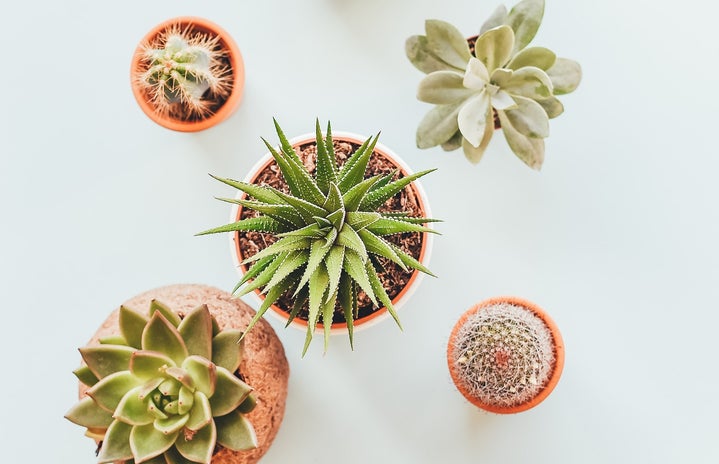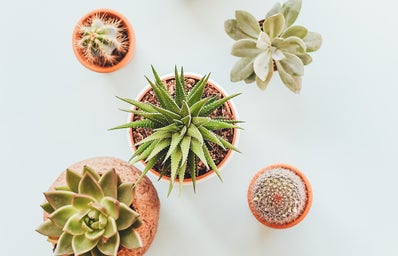Did you know plastic planters can contaminate the soil it’s holding? Sustainability is a popular term coming to the minds of the world today. We have been taught to recycle, plant trees, and avoid plastic, but what if there are points of pollution that go unnoticed?
The global climate crisis is a daunting issue. Many people have taken on a lifestyle of cutting out single-use plastics, which are known to pollute our environments and kill wildlife. The popular lifestyle of going “zero-waste” often consists of swapping regular toothbrushes for biodegradable wooden ones, using shampoo bars to eliminate excess plastic and water usage, as well as choosing to reuse glass jars. Personal sustainability is a wonderful effort toward making global change, especially if more and more people are influenced to go green around the world. Fossil fuels have become abused to manufacture goods from clothing to hair brushes. Going back to our roots in terms of material production is necessary to decrease any acceleration of climate warming.

The bigger picture of climate change and global sustainability involves not just halting an overuse of fossil fuel production for material objects, but more importantly, switching the way we as a country get our fuel. Many countries have taken measures to reduce the harvest of petroleum and natural gas, which is one of the leading contributors to climate change. It is necessary to recognize the importance of small impacts, but understanding the larger factors at play is a magnificent way to demand more from elected officials. Understand that sustainability in small ways is still a privilege. If we are able to stop using plastic, then we should put our best foot forward into making the change. However, not everyone can afford or access the same level of privilege that comes with personal sustainability. What we need to see from our governments includes more access to research, education, and the science behind climate change. We want to shift more focus onto ecology, and not so much on prioritizing the economy. People need to be able to rely on their environment, so once real measures are taken to reverse our mess, or at least try to target and clean up irreversible damages, we can start to see the solution come to the surface.

If you are as worried as I am, there is no need to fret. You can stay in control! Transplanting your plants from the greenhouse or grocery store directly into a recycled glass jar or metal can is a quick, environmentally-friendly answer to the problems and fears that come with using plastic. Or, better yet, you can never go wrong with using the traditional ceramic and terracotta pots to do some indoor garden.
It is interesting to see how many little and large ways the earth around us is changing. Right before our eyes, or right under our noses, fossil fuel production and plastic pollution is a scary threat to the health and well beings of the whole world and the future generations. With small acts of sustainability and kindness to our planet, as well as vocalizing what we want to see change systematically, the issues at hand can hopefully be mitigated. Only then, will we plant the idea in our minds to eliminate plastic altogether.



